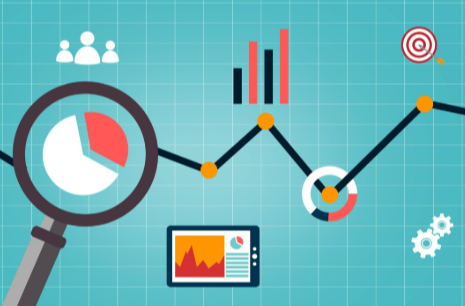How to Become a Data Scientist: A Step-by-Step Guide

The journey to becoming a data scientist requires a systematic approach. It begins with a solid grounding in mathematics and statistics. Following this, proficiency in programming languages, particularly Python or R, is essential. Educational programs and online courses provide valuable knowledge in data analysis and machine learning. However, theoretical understanding alone is insufficient. Practical experience is crucial for applying these skills effectively. What are the next steps to bridge the gap between theory and practice?
Essential Skills for Data Scientists
As the demand for data-driven decision-making grows across industries, the essential skills for data scientists become increasingly critical.
Proficiency in data analysis enables these professionals to derive meaningful insights from complex datasets. Furthermore, mastery of programming languages such as Python and R is vital for automating tasks and developing algorithms.
Together, these skills empower data scientists to navigate and leverage the vast landscape of information effectively.
Read more: The Role of Data Analytics in Decision-Making
Educational Paths to Data Science
Numerous educational paths exist for aspiring data scientists, reflecting the diverse backgrounds and experiences that can lead to a successful career in this field.
Online courses provide flexibility and targeted knowledge, while degree programs offer comprehensive theoretical foundations.
Each pathway allows individuals to tailor their learning experiences, enabling them to acquire essential skills and competencies required for data science roles in various industries.
Gaining Practical Experience in Data Science
Practical experience is crucial for aspiring data scientists, as it bridges the gap between theoretical knowledge and real-world application.
Engaging in hands-on projects enables individuals to apply their skills effectively, while internship opportunities provide valuable industry exposure.
These experiences foster problem-solving abilities and enhance technical expertise, ultimately preparing data scientists to meet the demands of a rapidly evolving field.
Conclusion
In conclusion, becoming a data scientist requires a strategic blend of education, skill acquisition, and practical experience. For instance, consider a hypothetical case where an aspiring data scientist completes an online bootcamp, collaborates on a real-world data analysis project, and ultimately secures a position at a leading tech firm. This journey underscores the importance of continuous learning and networking, as the field of data science is ever-evolving and demands adaptability to stay relevant and effective.




